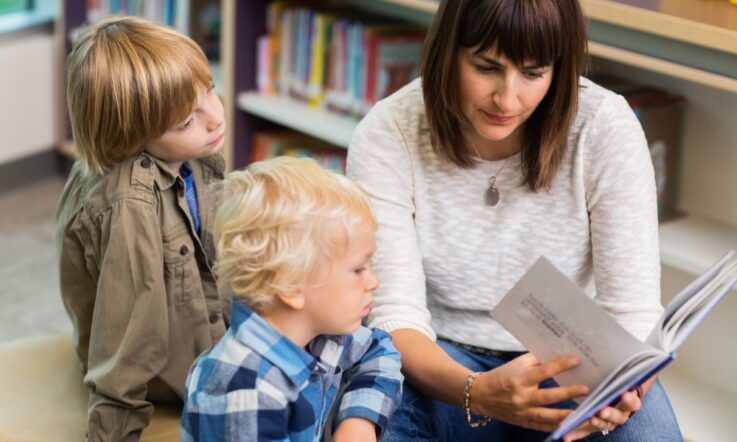Welcome to this month's edition of Researching education: Five further readings. In this series, we take a look at some further readings available on a particular topic, including open access research papers from various online databases, and Teacher archive content you might not have come across yet.
As a school, fostering strong relationships with the wider community has wide-ranging benefits to student outcomes. In this edition of Researching education: Five further readings, we’re sharing five readings on the topic of school-community relationships – from Tasmania to the Northern Territory.
- Schools as Community Hubs International Conference 2020: Building Connections for Community Benefits. The Schools as Community Hubs International Conference was held online in December 2020, by a University of Melbourne research team. In this document, the proceedings from the conference are split into four parts: schools at the heart of urban development; connecting with the early years; partnering for better community outcomes; and enabling community hubs.
- National Community Hubs Program SROI Evaluation Report. This report, prepared by Deloitte Access Economics and published in July, assesses the social return on investment (SROI) of the National Community Hubs Program – a program established in 2013 to ‘engage newly arrived communities at risk of limited access to education, health and social services, and opportunities for economic independence’. The report delves into the impact of the National Community Hubs Program on English language attainment of participants, their engagement with the community, their early childhood development, and employment opportunities for migrant adults.
- Start a hub in your school. This resource from Community Hubs Australia – the organisation that established the National Community Hubs Program mentioned in the previous reading – offers an in-depth guide to starting your own school-based community hub. They share 12 key priorities for getting started, examples of good practice demonstrated by other hubs, and a checklist for leaders.
- Increasing Students' Social Capital through Community Involvement in Rural and Regional Education. Academics from the University of Tasmania explore the perspectives of school and community relationships from the community perspective in this report from 2017. They surveyed 86 community leaders and members from rural, regional, and disadvantaged areas of the state for their research and concluded that ‘community, business, and social leaders can play an important role in building social capital and as advocates for their local schools, as well as being a source of information, advice, and service to schools’.
- Barhava Report: Indi Kindi Impact Report. This report assesses the impact of Indi Kindi – an early childhood education program for Indigenous children in the Northern Territory led by locals. ‘Indi Kindi has had, and will continue to deliver, considerable health, education, and community impacts. Its holistic approach, delivered in a culturally relevant framework with the aid of local knowledge and local languages, is helping to tackle entrenched inequalities in school readiness and health outcomes for Indigenous children,’ the report reads. In the report, you can read about how challenges to program delivery were overcome and the success factors of the program.
Some of the resources featured in this article can be found through Cunningham Library Catalogue and EdResearch Online. At the links below, you can search for more resources on the topic of school-community relationships in these two online databases.
- School-community relationships: Cunningham Library Catalogue
- School-community relationships: EdResearch Online
You can also browse other topics at this page.
The Cunningham Library membership is open to individuals, schools and organisations. Membership includes access to a comprehensive collection of education research literature; weekday alerts to a selection of Australian education news; fast supply of articles and books from the collection; support in finding research; and an integrated online search tool that works across all our resources.
To become a library member, visit the website.



